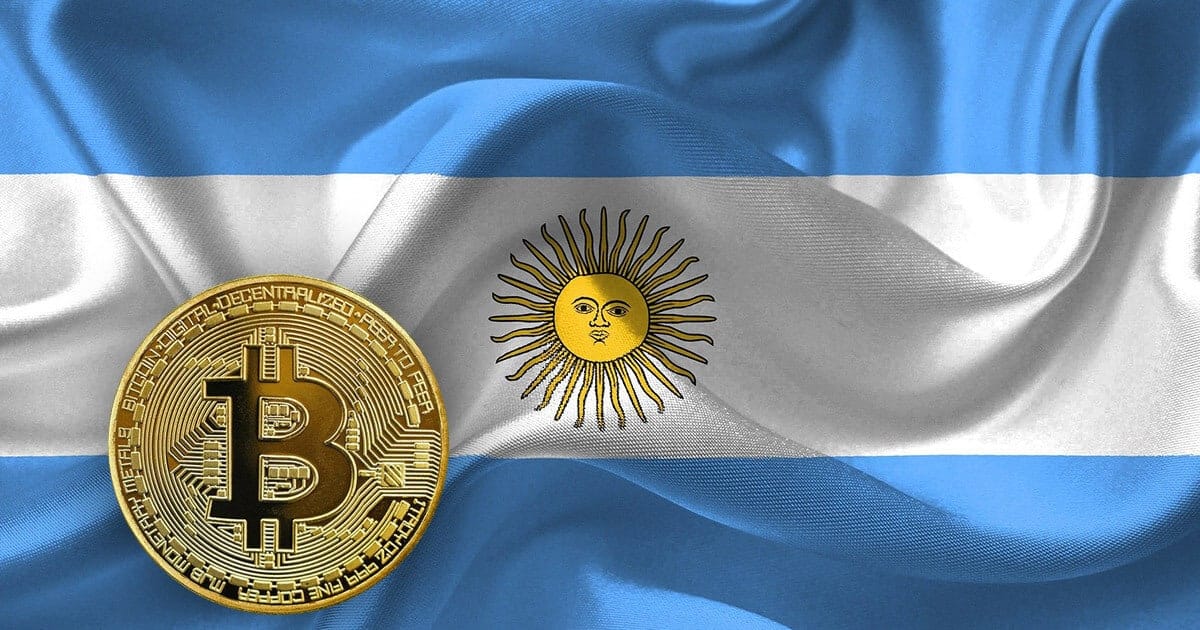Argentina Turns to Cryptocurrencies Amidst Soaring Inflation
Bitcoin, Ethereum, and stablecoins like USDT and DAI have become particularly popular among Argentinians
Amidst a staggering 276% inflation rate, Argentina is witnessing a significant surge in cryptocurrency adoption. Citizens, grappling with the severe devaluation of the Argentine peso, are increasingly turning to digital currencies as a stable alternative to preserve their wealth and conduct daily transactions.
The Inflation Crisis
Argentina's inflation crisis has reached unprecedented levels, severely impacting the purchasing power of its residents. The official annual inflation rate hit 276% in June 2024, marking one of the highest rates in the world. This economic instability has eroded savings and driven many Argentinians to seek refuge in cryptocurrencies, which are perceived as more stable and less susceptible to local economic fluctuations.
Cryptocurrency as a Safe Haven
Bitcoin, Ethereum, and stablecoins like USDT and DAI have become particularly popular among Argentinians. Unlike the peso, these digital assets are decentralized and often pegged to more stable currencies like the US dollar. This appeal has led to a dramatic increase in both the use and acceptance of cryptocurrencies across the country.
Financial analyst María López from Buenos Aires commented, "For many Argentinians, cryptocurrencies offer a way to safeguard their money against inflation. With the peso losing value daily, digital currencies provide a more reliable store of value."
Increasing Adoption and Usage
Local businesses and merchants have started accepting cryptocurrencies for goods and services, further fueling their adoption. From restaurants and cafes to retail stores and online platforms, the integration of crypto payments is becoming more widespread. Major cryptocurrency exchanges and digital wallets have reported a substantial increase in new users and transaction volumes in recent months.
One such user, Pablo Martínez, a small business owner in Córdoba, shared his experience: "Switching to crypto payments has been a game-changer. It protects me from the peso's volatility and allows me to conduct business more efficiently."
Government and Regulatory Response
The Argentine government has taken notice of this growing trend. While initially skeptical, officials are now exploring ways to regulate the cryptocurrency market to prevent fraud and ensure consumer protection. However, the challenge lies in balancing regulation with the need to foster innovation and adoption in a country desperate for economic solutions.
Economist Juan Perez noted, "The government needs to develop a framework that encourages crypto adoption while mitigating risks. Proper regulation could position Argentina as a leader in the digital finance space."
The Future of Crypto in Argentina
As Argentina continues to grapple with hyperinflation, the role of cryptocurrencies in the economy is expected to grow. Experts predict that digital currencies could become an integral part of the country's financial landscape, offering a viable alternative to traditional banking systems.
In conclusion, Argentina's economic turmoil has inadvertently accelerated the adoption of cryptocurrencies, providing a lifeline for many residents. As the government works on regulatory measures, the future of crypto in Argentina looks promising, potentially setting a precedent for other nations facing similar economic challenges.






